Erdoğan: 'There are not as many journalists in prison as claimed'
Turkish President Erdoğan has denied that press freedom in Turkey has been deteriorating by saying "There are not as many journalists in prisons as it has been claimed." Erdoğan also criticized the Turkish Red Crescent (“Kızılay”) for selling tents to charity Ahbap during the post-earthquake period and said “this issue really upset me.”
Duvar English
Turkish President Recep Tayyip Erdoğan on May 11 argued that journalists have not been prisoned in Turkey.
When asked if there are many journalists in prison and that there is no freedom of the press in Turkey, Erdoğan claimed that “There are not as many journalists and members of the press in prisons as it has been claimed so far. These are lies.”
During a video program where he answered the questions of young people as part of his election campaign, Erdoğan said he asked the Justice Minister on this issue whether it is correct, and he was told “My President, there is no such thing. These are all lies,” in response.
“Many of them are in prison for theft, arms smuggling, and similar crimes. They have nothing to do with journalism,” Erdoğan argued.
The government officials in Turkey have always argued that the journalists behind the bars have been prisoned not because of journalism, but because of "crimes they committed."
Just last month, the governmet initiated a mass operation against Kurdish lawyers, activists, journalists, and party officials and detained 128 people.
Erdoğan also criticized the Turkish Red Crescent (Kızılay) for selling tents after the Feb. 6 earthquake.
“Of course, this issue really upset me. The Kızılay cannot engage in such an act of selling tents. Of course, it must quickly correct this mistake. Because we have always encouraged Kızılay to become much more active, especially in tent production. Kızılay should not have the slightest problem when it comes to tents,” he said.
Following the Feb. 6 quakes, Kızılay has been at the center of criticism, especially with the tent scandal. It was severely criticized for selling tents and food it was supposed to send to earthquake victims to the NGOs after the quakes. Reports also revealed that the institution sold second-hand goods donated by the citizens.
After the reports, Kızılay head Kerem Kınık refused to resign, arguing a “chaos” would arise in Kızılay if he were to resign from the organization. He was even criticized by senior Justice and Development Party (AKP) figures but there has been no attemp to dismiss him from his post yet.
Erdoğan once again said he is against deporting Syrian refugees from Turkey. “Should we kick them just because they are refugees? This is not humanitarian, it is not conscientious, above all, it is not Islamic.”
Erdoğan also denied the links between HÜDA-PAR and Hizbullah. “(These links are) entirely due to the HDP's search for a way out. HÜDA-PAR has nothing to do with the terrorist organization in the past. Moreover, if such a situation were in question, it would not be possible for us to walk with them together.”
Hizbullah, which killed scores of people in the late 1980s and early 1990s, targeted mostly Kurds in Turkey's southeast region during fighting between Turkish security forces and the Kurdistan Workers’ Party (PKK).
It has started to reorganize itself quietly under a number of foundations, associations and other entities after a clash with police in 2000. Several members of the group established the HÜDA-PAR political party in December 2012 with the support of the current government.
On March 24, HÜDA-PAR, although not officially part of the ruling People’s Alliance, announced that they will run in the general elections under the AKP's deputy list.
Turkey will hold parliamentary and presidential elections on May 14 in the centennial of the foundation of the republic.

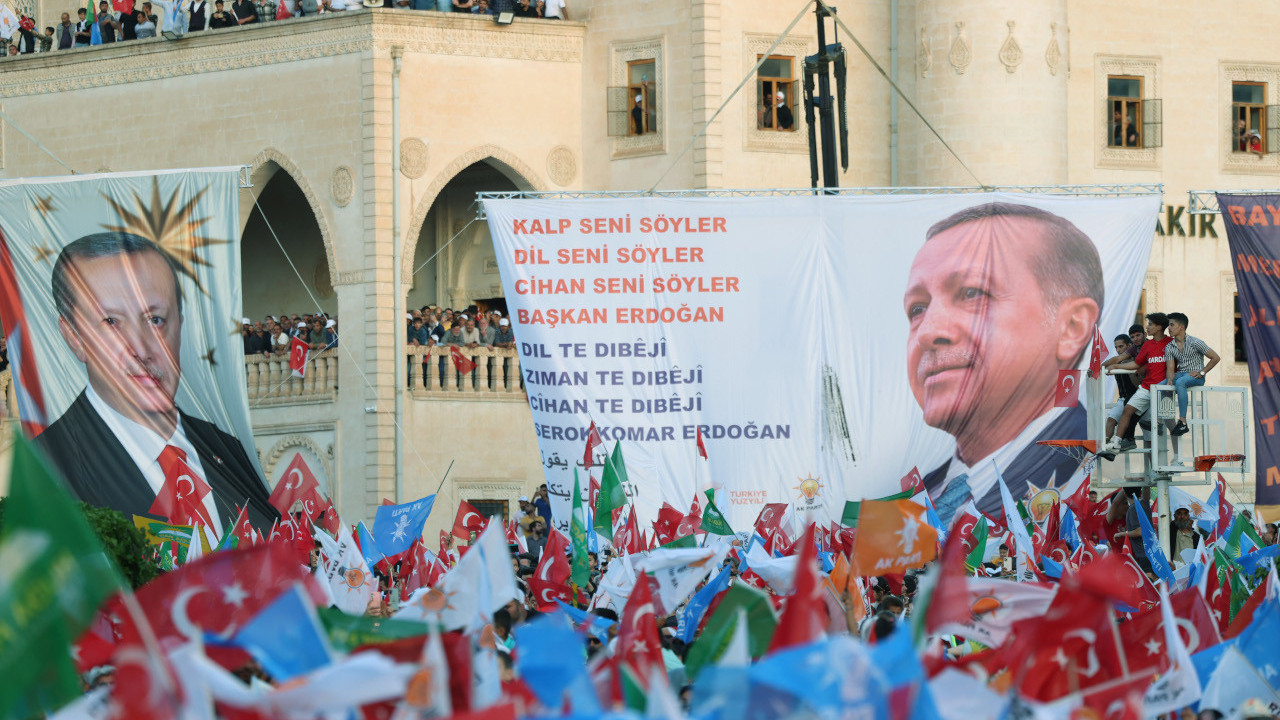 Erdoğan warns his supporters of losing election, says 'let's not have an accident'Politics
Erdoğan warns his supporters of losing election, says 'let's not have an accident'Politics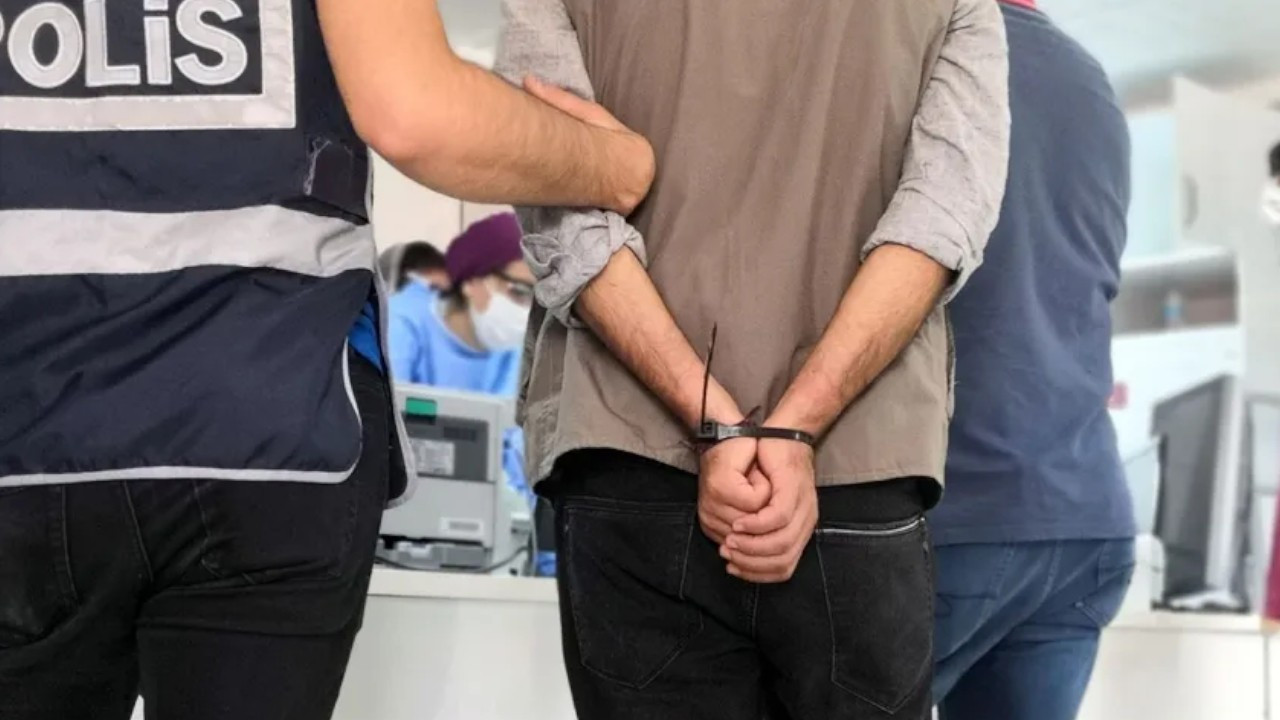 Turkish police detain over 100 pro-Kurdish activists, lawyers, politicians ahead of electionsPolitics
Turkish police detain over 100 pro-Kurdish activists, lawyers, politicians ahead of electionsPolitics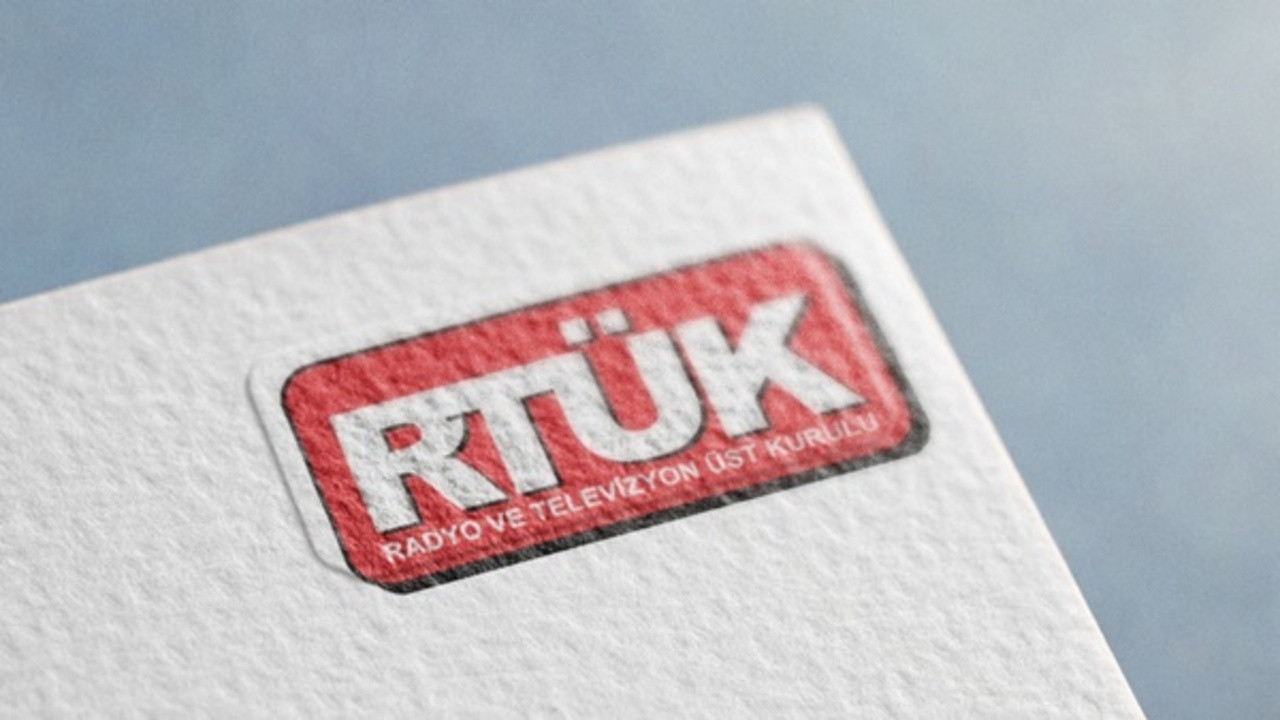 Int’l media freedom organizations call on Turkish media watchdog to end suppression of oppositionMedia
Int’l media freedom organizations call on Turkish media watchdog to end suppression of oppositionMedia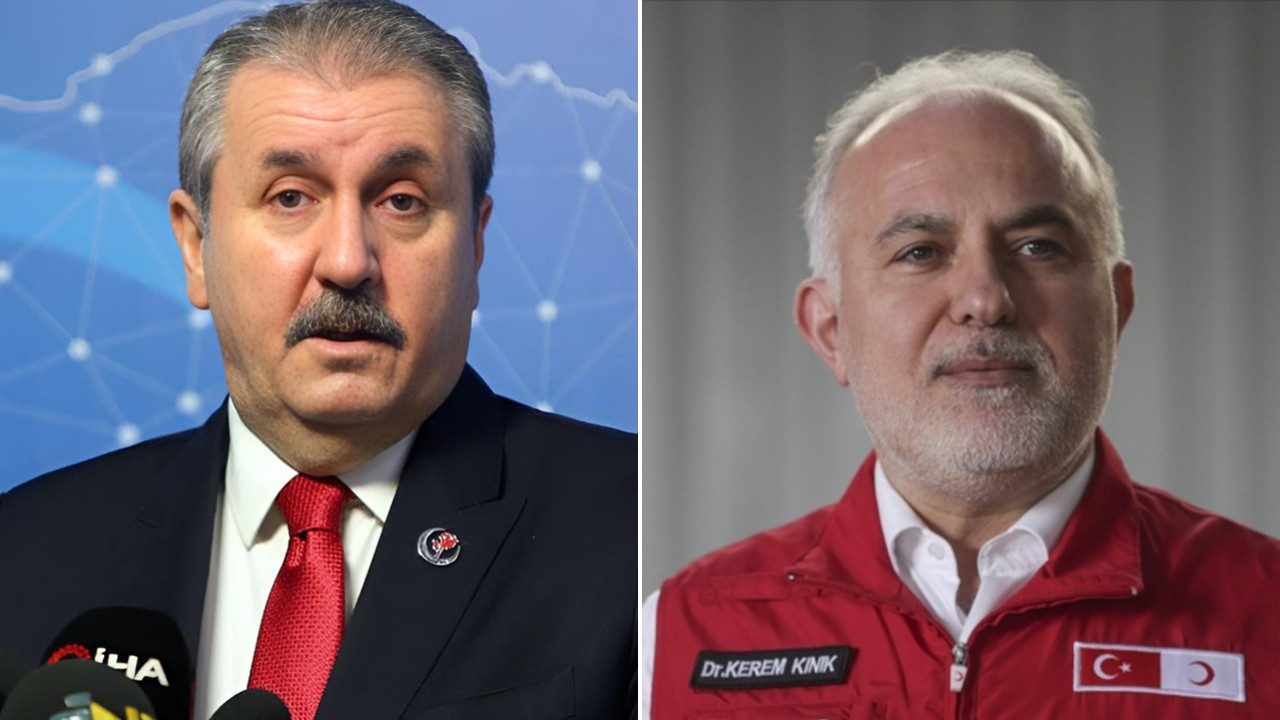 Erdoğan’s ally Destici calls on Turkish Red Crescent chief to resign after scandalsDomestic
Erdoğan’s ally Destici calls on Turkish Red Crescent chief to resign after scandalsDomestic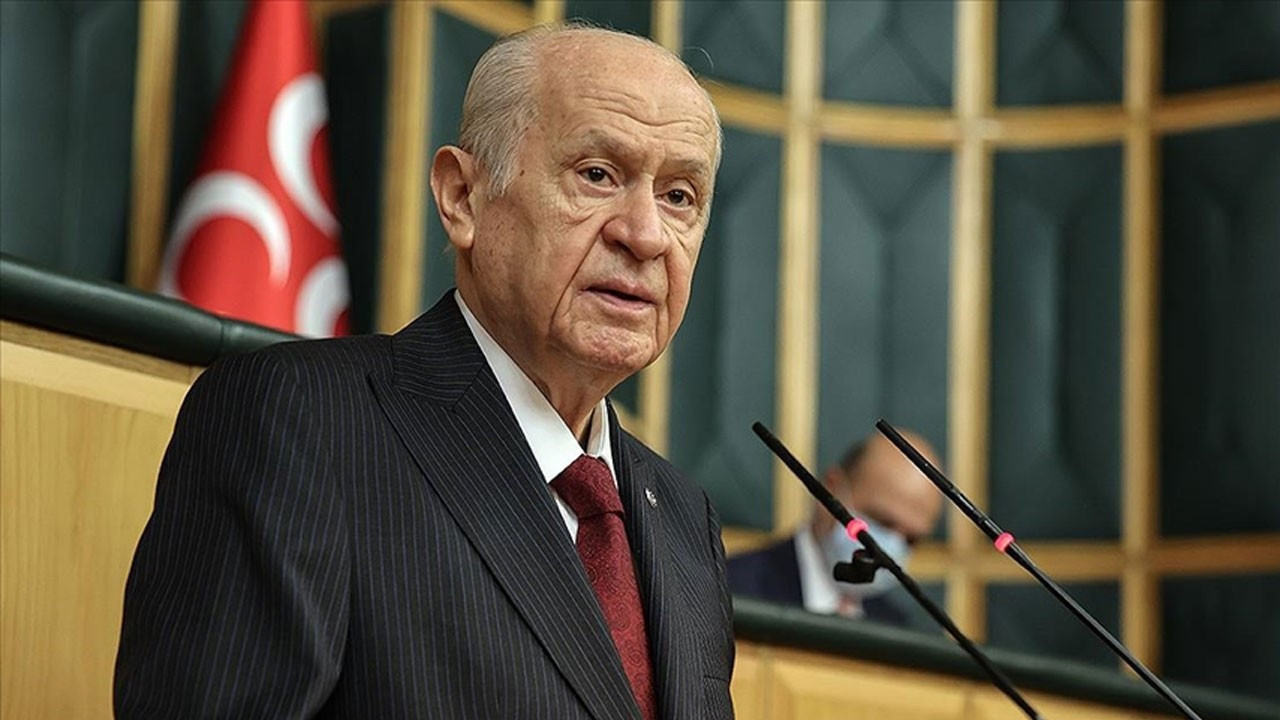 Erdoğan ally claims fundamentalist Islamist HÜDA-PAR has no links to HizbullahPolitics
Erdoğan ally claims fundamentalist Islamist HÜDA-PAR has no links to HizbullahPolitics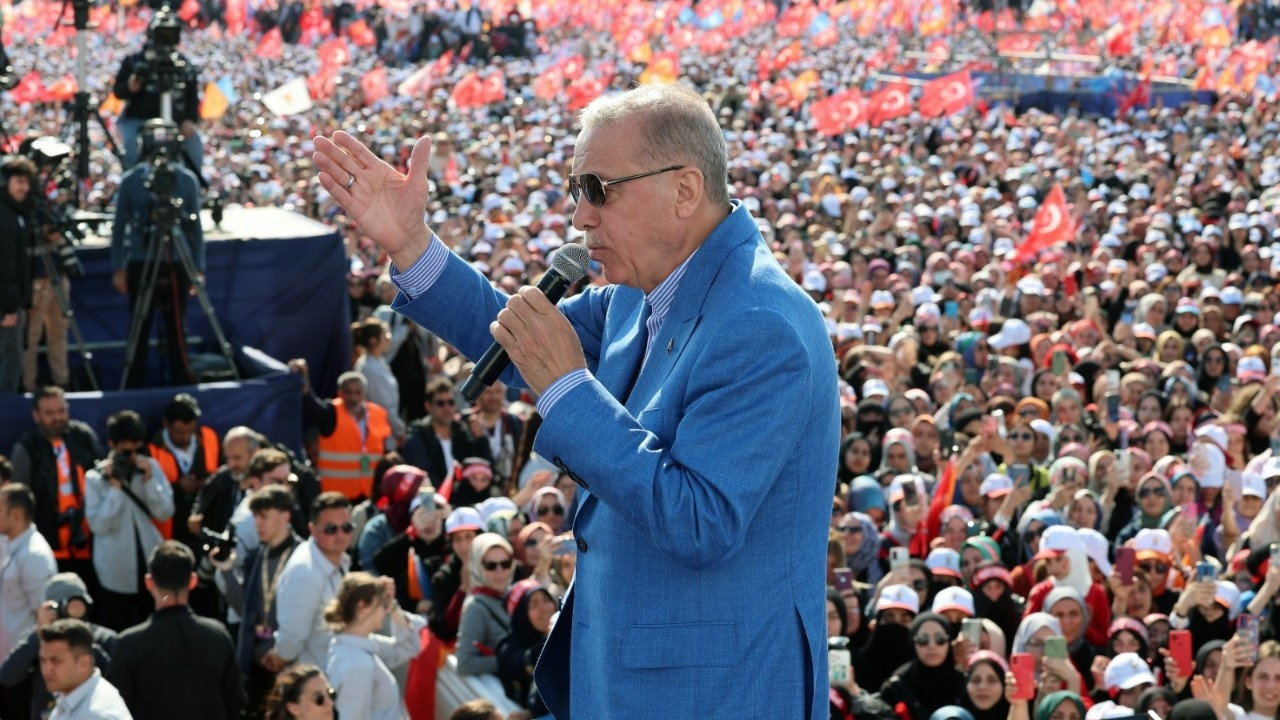 Erdoğan targets Kılıçdaroğlu over İnce’s withdrawal from presidential candidacyPolitics
Erdoğan targets Kılıçdaroğlu over İnce’s withdrawal from presidential candidacyPolitics